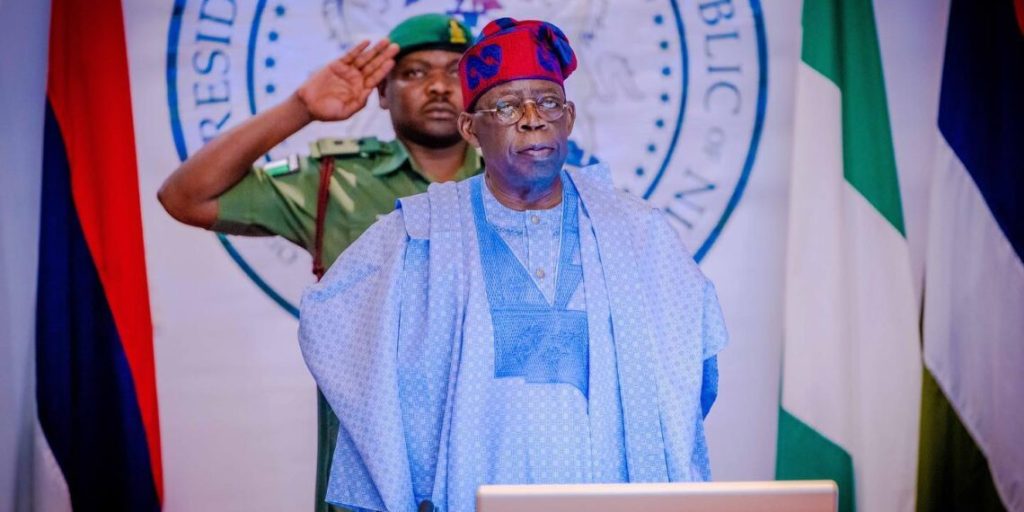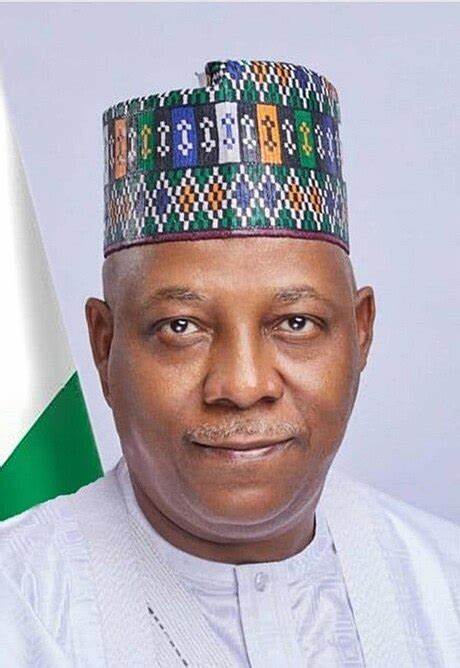
The Vice President, H.E Kassim Shettima on behalf of the Federal Government yesterday in Abuja, inaugurated a steering committee to implement government’s ‘Pulaku Initiative aimed at addressing the root causes of farmer–herder clashes in the country.
Federal Government aim to use the initiative to construct houses, roads, schools and provide essential facilities in seven pilot states ravaged by Farmers – Herders Clash. The northern states are Sokoto, Kebbi, Benue, Katsina. Others include Zamfara, Niger and Kaduna.
Surprisingly, Plateau State that has been the most affected is left out of the initiative despite suggestion by security experts notably, a former Commandant of the Nigerian Defence Academy, Kaduna, Brig Gen Jon Temlong against the ‘compartalization of the reintegration process’. Gen Temlong while speaking on Channels TV advised that Plateau State should be included. In the interview monitored by www.pointblank.com.ng the Pioneer Commander of Multinational Joint Task Force likened the isolation of some states devastated by the clashes to attending to the left arm and neglecting the right one.
See related news:
Vice-President Kashim Shettima, explained that Pulaku is one of the numerous initiatives of President Bola Ahmed Tinubu’s administration to fulfil his promise to improve the standard of living of all Nigerians.
The steering committee shall be chaired by the Minister of Housing and Urban Development Ahmed Dangiwa, while representatives of governors of the benefiting states are some of the members.
Others include Minister of Agriculture and Food Security Abubakar Kyari; representatives of the Chairman of the Economic and Financial Crimes Commission (EFCC), Director- General of the Bureau of Public Procurement (BPP), BUA Group, Dangote Group and the Director-General of the National Emergency Agency(NEMA).
Shettima, in a statement by Senior Special Assistant to the President on Media and Publicity (Office of the Vice President), Stanley Nkwocha, said Pulaku should be seen as an emergency to tackle a challenge that has threatened the fabric of Nigeria.
“The aim is to create an environment where the prosperity of our people is not just a distant dream but a tangible and achievable reality. This comprehensive approach reflects our dedication to fostering sustainable development and improving the lives of all citizens.
“The initiative will address a challenge that has persisted across various generations and demands our collective resolve, our optimum sense of justice, and unconditional compassion.
“This is not merely a response but a call to action. We are here because each of our programmes or policies will falter unless we get to the root of the dysfunctions we have inherited” said the statement
Justifying the selection of the seven pilot states, the Vice President explained that, “The selection of these states is a deliberate and strategic approach. The aim is to generate ripple effects that will not only revitalise communities but also lay the groundwork for a more inclusive and cohesive Nigeria.”
Vice President Shettima explained further that the Pulaku resettlement is “a national commitment to confront a threat that has fuelled distrust and conflicts within communities and across the boundaries of our federation.
“This non-kinetic solution is not designed to compensate any particular group or region. Therefore, we must cast aside any notion of divisive regionalism and see the Pulaku initiative for what it truly is—a practical response to a shared challenge,” he added.
He sued for the support and cooperation of all stakeholders to enable the initiative be a success, “Let our legacy be measured not in the structures we build but in the lives we uplift, the unity we restore, and the collective strength of a nation rising above its challenges.”
Governors on hand to witness the inauguration of the committee were Governors Hyacinth Alia (Benue), Uba Sani (Kaduna), Mohammed Bago (Niger), Nasir Idris (Kebbi), Dikko Radah (Katsina) and Dauda Lawal (Zamfara). Others were EFCC Chairman, Ola Olukoyede; Director-General of NEMA Ahmed Habib; and Director-General of Bureau of Public Procurement (BPP) Mamman Ahmadu.









